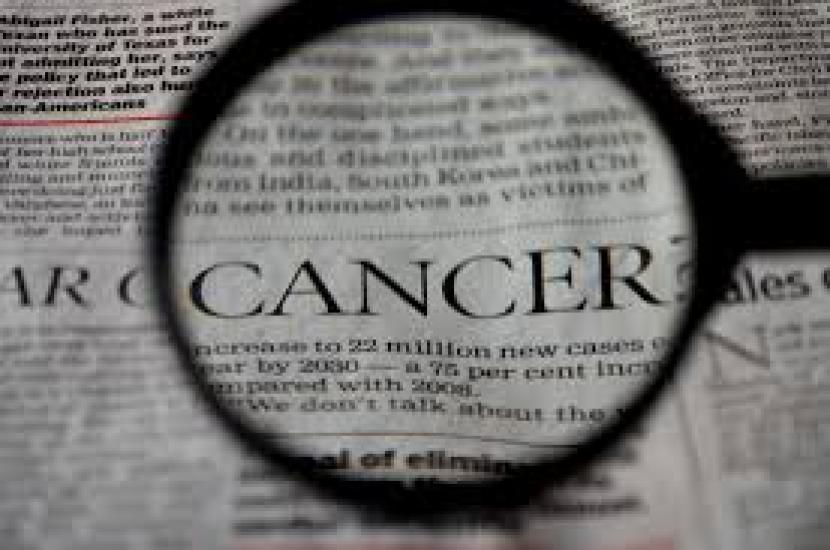Frequent urination at night is not always a sign of diabetes.
REPUBLIKA.CO.ID, JAKARTA — A sudden or increased urge to urinate at night is often associated with diabetes. However, this condition known as nocturia can also be a symptom of prostate cancer.
There are two things that can trigger the occurrence of nocturia in cases of prostate cancer. The first is radiation therapy where this therapy triggers nocturia in about 25 percent of prostate cancer cases.
Besides being a side effect of radiation therapy, nocturia can also occur due to enlarged tumors in prostate cancer. The enlarged tumor presses on the urethra and triggers nocturia.
“This can be thought of as frequency of urination at night, or having to urinate more frequently at night,” the Cleveland Clinic says. Coventry Telegraph, Tuesday (11/23).
Tumor-associated nocturia in cases prostate cancer usually only occurs when the disease has entered an advanced stage. In this condition, prostate cancer needs to get the right treatment and fast.
“Prostate cancer usually causes no symptoms until the cancer grows large enough to press on the tube that carries urine from the bladder to the penis,” says the National Health Service (NHS).
The lack of symptoms makes prostate cancer difficult to detect at an early stage. Therefore, men, especially those at high risk, need to be screened so that prostate cancer can be detected early.
According to Prostate Cancer UK, there are several groups that are considered at risk for prostate cancer. The group was men aged 50 years and over, had a family member who had prostate cancer, or black men.
Unfortunately, the rate of cancer screening appears to have decreased significantly during the Covid-19 pandemic. In fact, screening has a big role in detecting cancer as early as possible so that patients can get treatment faster and have a better life expectancy.
In general, prostate cancer is one of the most common types of cancer found in men. Prostate cancer is often referred to as an aggressive disease because it can spread quickly to other organs such as the lymph nodes if left untreated.
Setting a diet rich in vegetables and fruit has been shown to help reduce the risk of prostate cancer. Not only that, this diet can also help slow the spread of cancer in prostate cancer patients.
According to studies, patients who eat more fruits, vegetables, legumes, and fish are less likely to develop more severe cancers. These foods are known to contain naturally occurring carotenoid compounds. These compounds can provide protection from DNA damage.
Red fruit is also considered good for consumption because it contains lycopene which according to studies can fight cancer. According to a 2020 study in Cancer Causes and Control, consumption of canned tomatoes can reduce the risk of cancer by 28 percent.
– .


